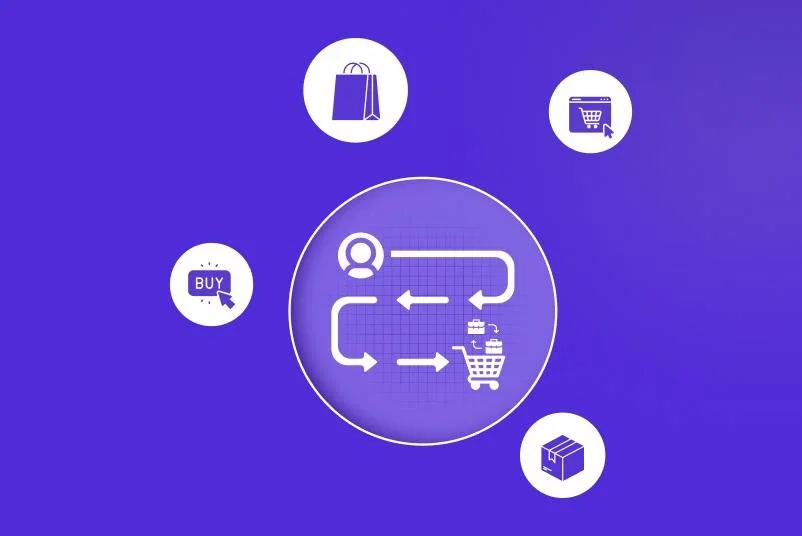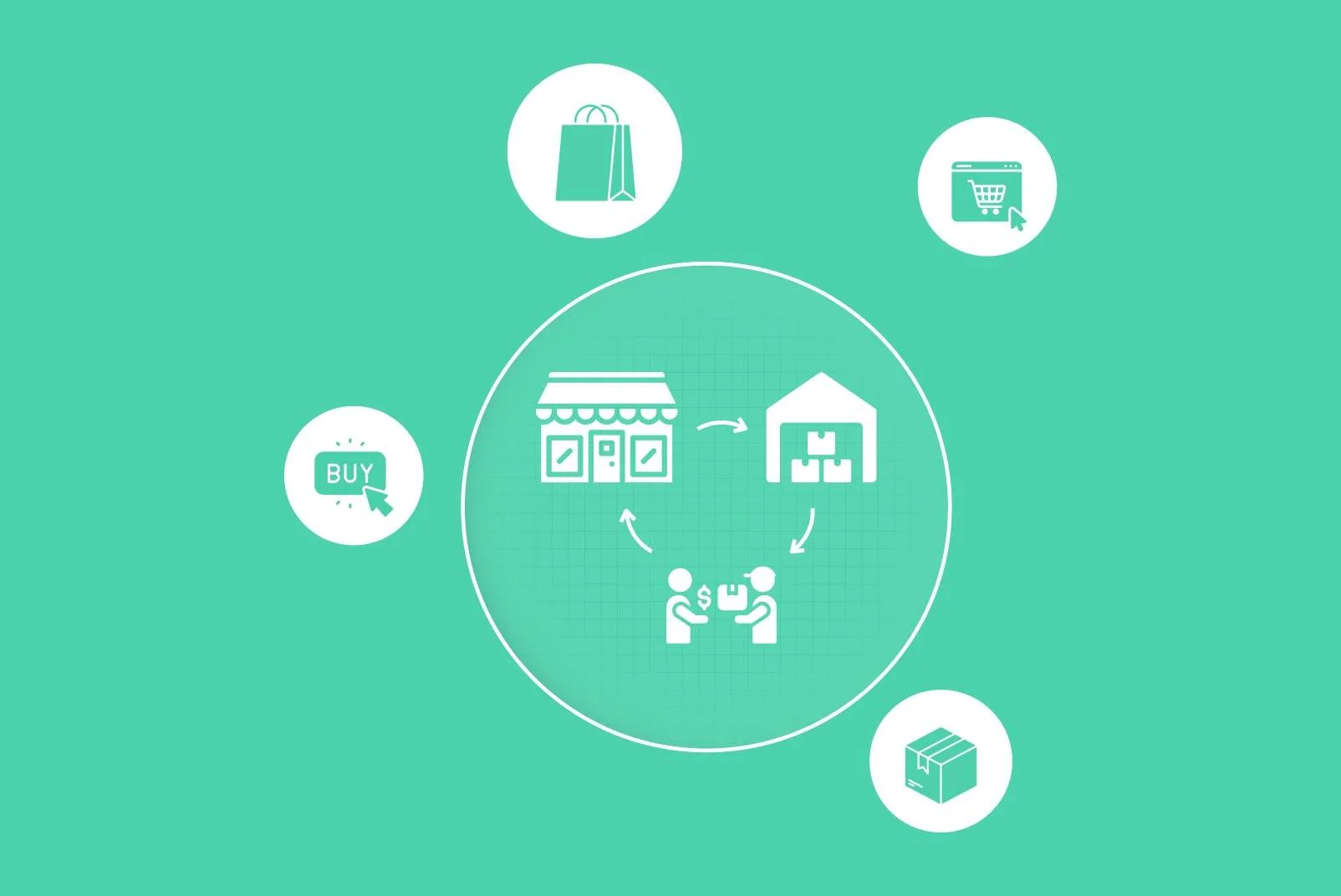Enhancing User Experience through Personalization in eCommerce

In the competitive world of online retail, personalization has emerged as a key differentiator in enhancing user experience (UX). eccofi, a leader in eCommerce consulting services, understands the pivotal role personalization plays in connecting customers with brands in meaningful ways.
1. Understanding the Customer:
Personalization begins with understanding your customer. eccofi advises businesses to leverage data analytics to gain insights into customer preferences, browsing habits, and purchase history. This data forms the foundation for crafting a personalized shopping experience that resonates with each individual.
2. Customized Product Recommendations:
One of the most effective personalization strategies is providing tailored product recommendations. eccofi helps businesses implement algorithms that analyze past behavior to suggest products that customers are likely to be interested in, significantly enhancing the shopping experience and increasing the likelihood of a purchase.
3. Personalized Communication:
eccofi emphasizes the importance of personalized communication in eCommerce. This involves sending targeted emails, personalized offers, and reminders based on the customer's interests and previous interactions, creating a sense of connection and recognition.
4. Dynamic Content Customization:
Dynamic content customization is crucial in personalization. eccofi guides businesses in changing the content of their website based on user behavior. This includes altering banners, featured products, and deals to reflect the interests of the visitor, making the site feel more relevant and engaging.
5. Personalized UX Design:
eccofi encourages businesses to go beyond standard UX designs. This means adapting layouts, navigation, and even color schemes based on user preferences, creating a more comfortable and appealing environment for each visitor.
6. Streamlining the Checkout Process:
A personalized checkout experience can significantly reduce cart abandonment rates. eccofi assists in customizing the checkout process to be as smooth and hassle-free as possible, based on the user’s previous interactions, thereby enhancing satisfaction and encouraging repeat business.
Conclusion:
Personalization in eCommerce is not just a trend; it's a necessity for businesses looking to stand out and connect with their customers on a deeper level. With eccofi's expert guidance, businesses can leverage personalization to enhance UX, increase conversions, and foster customer loyalty.









